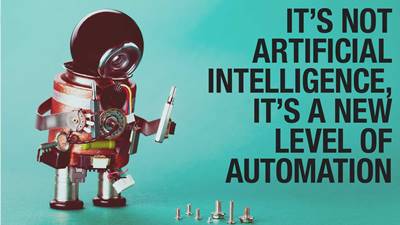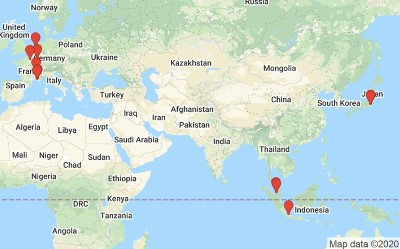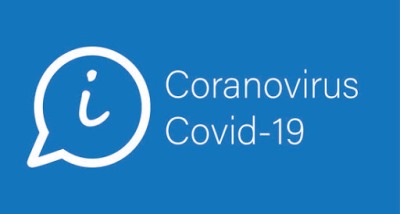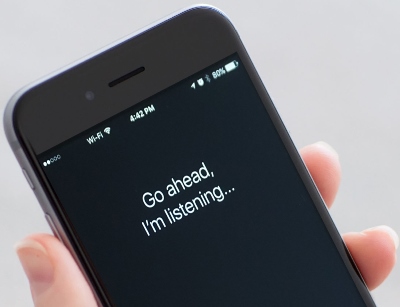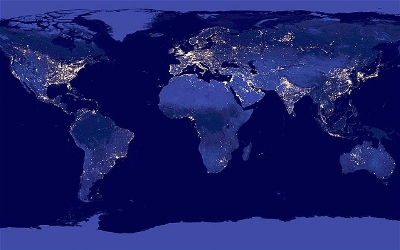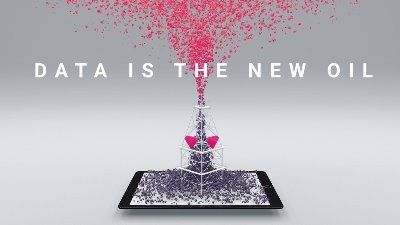This post ‘Navigation Apps Changed the Politics of Traffic‘ explains how municipalities and local governments are adapting to the rise of navigation apps.
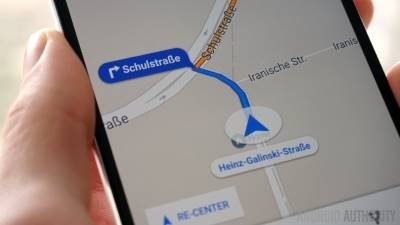
The issue is that those apps cater for the needs of the drivers, and not for the needs of the wider community. “Driver-first traffic “fixes,” even with the best of intentions, have deleterious effects on transportation networks overall.” There is a collective price of having each driver optimise its own route. “One widely cited 2001 paper by computer scientists at Cornell found that a network of “user-optimized” drivers can experience travel times equivalent to what a network of “system-optimized” drivers would experience with twice as many cars. Transport engineers call the difference between selfish and social equilibria the “price of anarchy.””
There seem to be some debate on the actual effect of those apps, and whether the algorithms also include some more collective constraints (one can remark for example that on two different phone, they may not give the same itinerary, showing that they try to spread congestion).
In any case as apps encourage the usage of smaller roads not normally used for transit, local governments act in restricting speed and transit possibilities in those smaller roads normally not planned for transit traffic. This has given a different priority to municipal policies. Other possible solutions is to install tolls for transit traffic or otherwise price mobility differently, or to change the overall traffic patterns.
It is just the start of the change of our urban landscape and mobility brought by real-time navigation apps. Expect physical changes and changes of usage.

